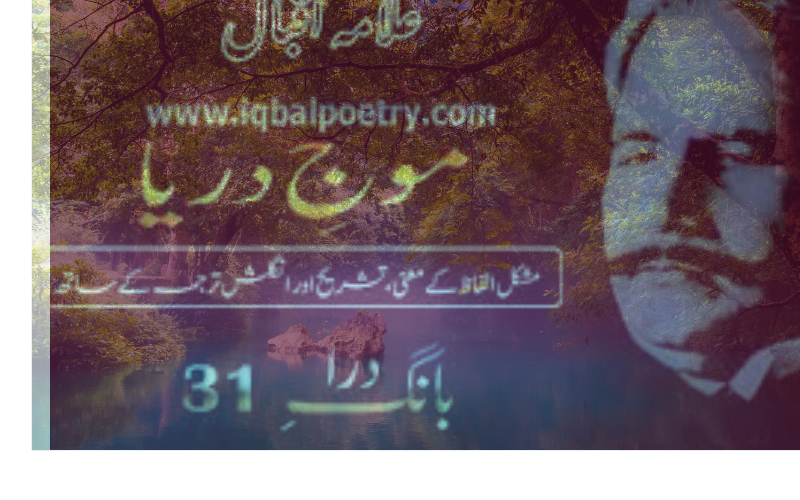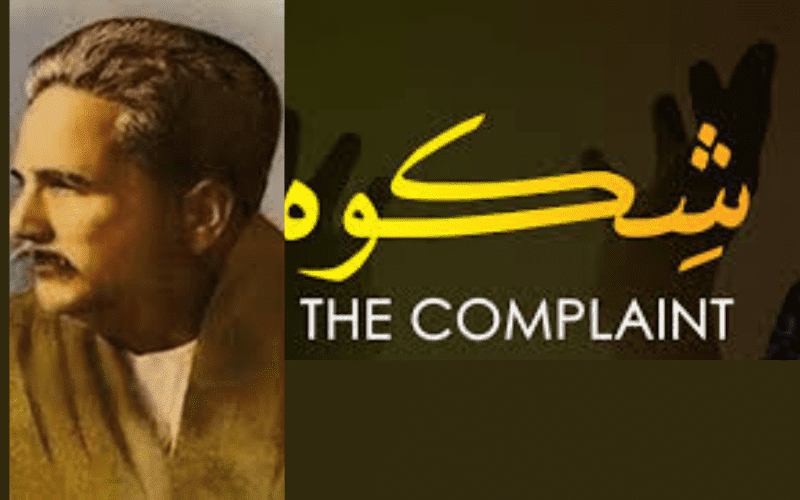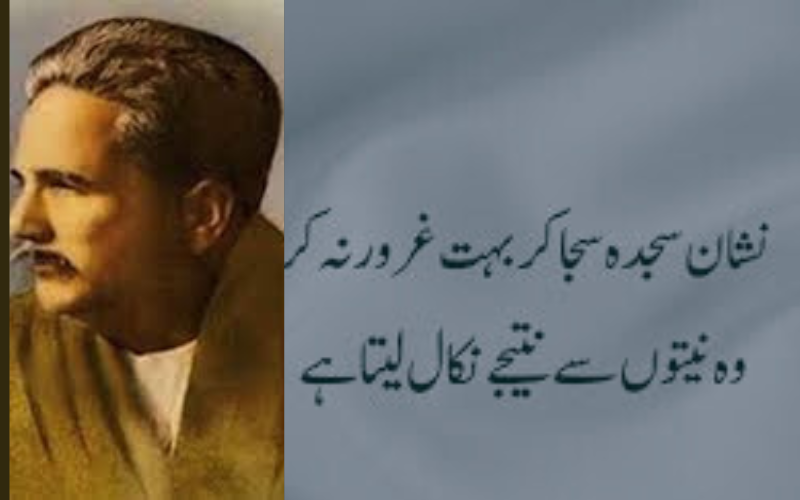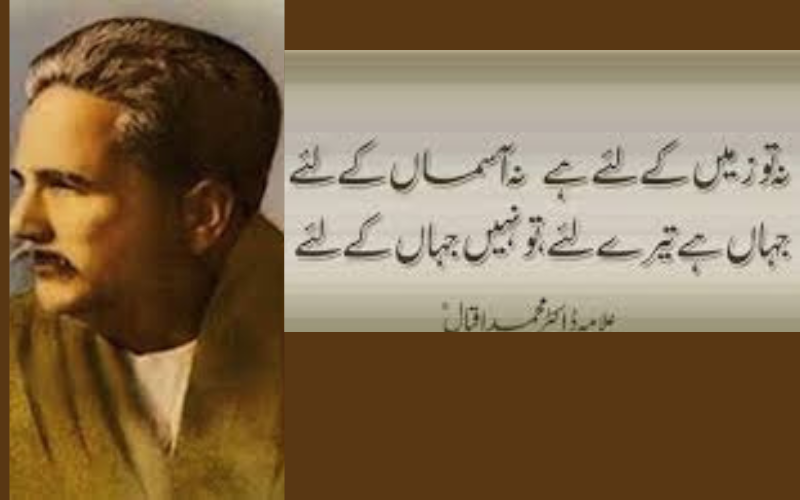Introduction


Allama Iqbal, a towering figure in Urdu and Persian literature, has had a lasting impact on the subcontinent’s intellectual and spiritual environment. His writings, which combine philosophy, poetry, and prose, continue to inspire audiences throughout the world. This article dives into the profound knowledge inherent in Allama Iqbal’s literature, examining the themes and concepts that have rendered his writings timeless.

Allama Iqbal’s Visionary Thoughts in “Bang-e-Dra”
Here’s a brief passage about Allama Iqbal in 160 words:
Allama Iqbal, born on November 9, 1877, in Sialkot, was a distinguished philosopher, poet, and politician who played a pivotal role in inspiring the vision of Pakistan. Known as the “Spiritual Father of Pakistan,” Iqbal’s poetry is deeply rooted in Islamic teachings and the quest for spiritual awakening. His works, such as “Bang-e-Dra” and “Bal-e-Jibril,” reflect his profound thoughts on self-realization, the importance of knowledge, and the unity of the Muslim Ummah. Iqbal emphasized the need for a renewed spiritual and intellectual revival among Muslims, urging them to rise above the shackles of colonialism and embrace their identity. His famous concept of “Khudi” (selfhood) remains a cornerstone of his philosophy, encouraging individuals to harness their inner potential and strive for excellence. Iqbal’s contributions continue to resonate, making him a revered figure in the literary and political landscape of the subcontinent.
This passage captures the essence of Allama Iqbal’s influence and legacy.
One of Allama Iqbal’s most known writings is “Bang-e-Dra” (The Call of the Marching Bell). This book is a compilation of Urdu poetry that demonstrates Iqbal’s strong attachment to his birthplace as well as his worry over his people’s social and moral deterioration. The poems in “Bang-e-Dra” serve as both a reflection of his views and a call to action for the Muslim Ummah. Iqbal’s use of metaphor and symbolism in this work creates a complex tapestry of meanings that still connect with readers today.

The Spiritual Journey in “Asrar-e-Khudi”
“Allama Iqbal’s Asrar-e-Khudi” (The Secrets of the Self) is another massive book that explores the idea of selfhood. In this Persian philosophical poetry, Iqbal discusses self-realization and the value of uniqueness. The book urges readers to embark on a spiritual journey to discover their actual selves and their relationship with the Creator. The depth of thinking in “Asrar-e-Khudi” has made it a cornerstone of Iqbal’s philosophy, which is frequently examined by researchers and enthusiasts of his writing.

The Unity of the Muslim World in “Payam-e-Mashriq”
Allama Iqbal’s “Payam-e-Mashriq” (Message of the East) tackles the Muslim world’s cultural and spiritual difficulties. This work responds to Goethe’s “West-östlicher Divan” and acts as a link between the East and the West. Iqbal’s writings highlights the necessity of Muslim unity and cultural identity in the face of Western influence. The themes of fraternity, justice, and self-respect in “Payam-e-Mashriq” are as pertinent now as they were when the book was originally published.
Allama Iqbal’s Influence on Modern Thought
Allama Iqbal’s novels had a far-reaching influence; his ideas formed modern Islamic philosophy and continue to inspire social and political organizations. His philosophy of “Khudi” (selfhood) has helped Muslims develop a sense of identity, urging people to be proud of their ancestry and strive for personal growth. Iqbal’s books have also served as motivation for leaders and thinkers seeking to effect constructive social change.
Conclusion
Allama Iqbal’s novels are more than simply literary gems; they provide advice and inspiration for future generations. His deep insights on selfhood, spirituality, and Muslim solidarity continue to resonate with readers throughout the world. As we delve into the wisdom inherent in his writings, we are reminded of the eternal relevance of Allama Iqbal’s message and the lasting effect of his literary legacy.
